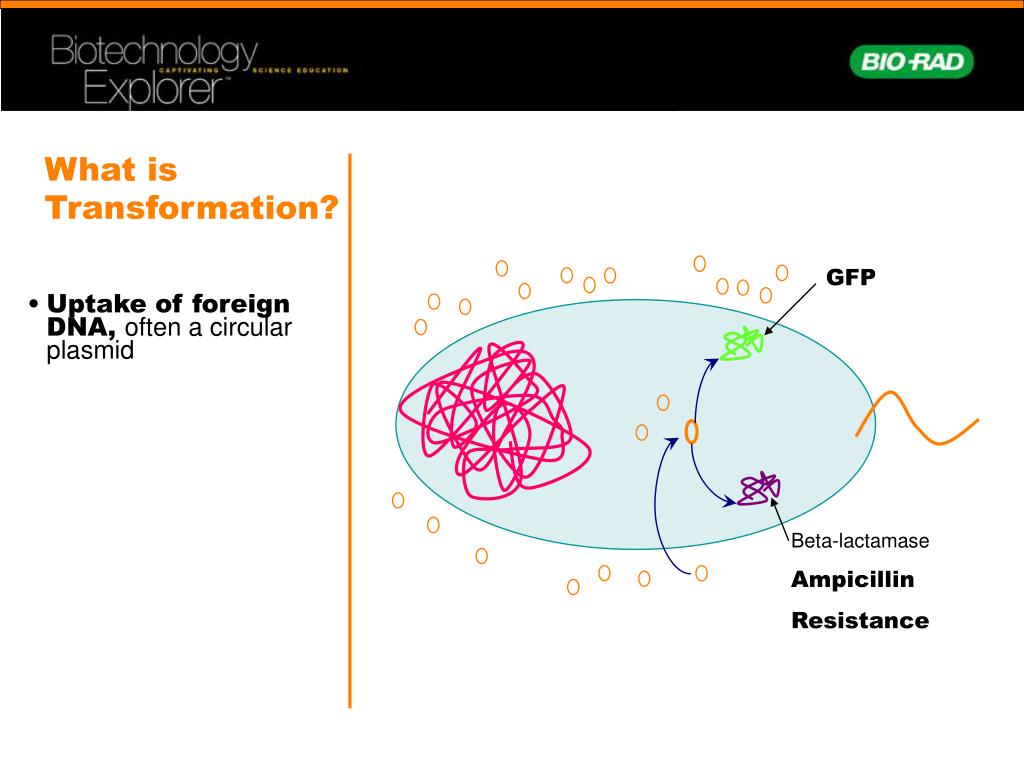

We previously reported that prolonged high temperature (30 ☌ for 13 days) led to deterministic suppression and transgenerational inhibition of PTGS and tasiRNA biogenesis in Arabidopsis. 7 Overall, the precise molecular mechanisms underlying the transgenerational memory of heat stress in plants remain poorly understood and disputed. 13 Heat stress (42 ☌ for 48 h)-mediated release of a reporter gene silencing can be transmitted to the non-stressed progeny, which was restricted to a small number of cells and limited to only two non-stressed progeny generations. 7, 10, 13 For instance, the immediate progeny of extreme heat shock (50 ☌, 3 h/day for 5 days)-stressed Arabidopsis plants tend to bolt earlier.

6 However, certain plant responses to extreme or prolonged heat stress have been shown to exhibit transgenerational memory as they can be detectable in one or two subsequent stress-free generations. 12 Moreover, the transgenerational retrotransposition of ONSEN is prevented by the small interfering RNAs (siRNAs) pathway. 11 Two ATP-dependent chromatin remodeling factors, Decrease in DNA methylation1 ( DDM1) and Morpheus’Molecule 1 ( MOM1), have been shown to act in inhibiting the transgenerational transmission of heat-induced epigenetic states. Heat responses are usually transient and reset quickly to the normal conditions, although there are some somatic stress memory with the duration of several days. 8 It has been widely recognized that DNA methylation is not involved in the heat-induced release of gene silencing. 8, 9, 10 Importantly, heat stress decreases the abundance of trans-acting siRNAs (tasiRNAs) derived from eight Arabidopsis Trans-acting siRNA ( TAS) loci ( TAS1a-c, TAS2, TAS3a-c and TAS4), triggering the upregulation of HEAT-INDUCED TAS1 TARGET ( HTT) genes, which mediate thermotolerance by acting as cofactors of HEAT SHOCK PROTEIN 70–14 (Hsp70–14). 4, 5, 6, 7 Heat stress can also release post-transcriptional gene silencing (PTGS) by inhibiting siRNA biogenesis. 3 Heat exposure activates various transgenes and repetitive elements that are normally silenced via transcriptional gene silencing (TGS). 1, 2 Plants have evolved sophisticated epigenetic machinery to respond quickly to heat. Increasing global temperatures have diverse and profound effects on plant growth, development and reproduction, and greatly threaten global crop yields.

Thus, heat induces transmitted phenotypes via a coordinated epigenetic network involving histone demethylases, transcription factors, and tasiRNAs, ensuring reproductive success and transgenerational stress adaptation. The REF6-HSFA2 loop and reduced tasiRNA converge to release HEAT-INDUCED TAS1 TARGET 5 ( HTT5), which drives early flowering but attenuates immunity. SGIP1-mediated SGS3 degradation leads to inhibited biosynthesis of trans-acting siRNA (tasiRNA). REF6 and HSFA2 establish a heritable feedback loop, and activate an E3 ubiquitin ligase, SUPPRESSOR OF GENE SILENCING 3 (SGS3)-INTERACTING PROTEIN 1 (SGIP1). Here we show that heat-induced HEAT SHOCK TRANSCRIPTION FACTOR A2 (HSFA2) directly activates the H3K27me3 demethylase RELATIVE OF EARLY FLOWERING 6 ( REF6), which in turn derepresses HSFA2. However, how thermomemory is transmitted to progeny and the physiological relevance are elusive. Plants have evolved sophisticated epigenetic machinery to respond quickly to heat, and exhibit transgenerational memory of the heat-induced release of post-transcriptional gene silencing (PTGS). Global warming has profound effects on plant growth and fitness.


 0 kommentar(er)
0 kommentar(er)
